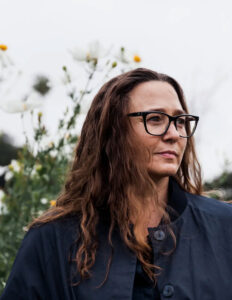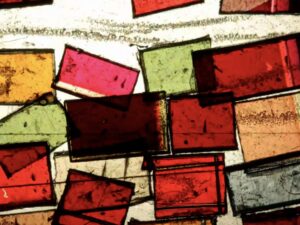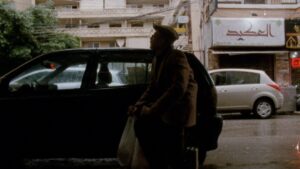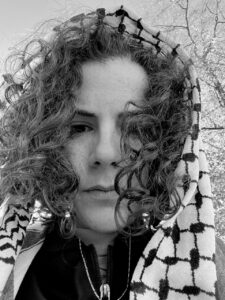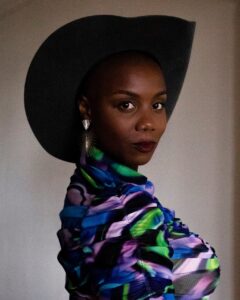Art Windsor-Essex co-presents four films in the festival with MCFF!
Media City Film Festival’s 27th edition presents more than 70 films and digital artworks with nearly 50 virtual world premieres over the course of its online celebration: December 9–30, 2024.
Audiences can experience new films, world premieres, digital restorations, and historical masterpieces from legendary, award-winning, and emerging artists including Artavazd Péléchian, Ja’Tovia Gary, Mona Hatoum, Kamal Aljafari, Richard Serra, Jocelyne Saab, Madeleine Hunt–Ehrlich, Toshio Matsumoto, Sharon Lockhart, Mustafa Abu Ali, Skip Norman, Rose Lowder, Akram Zaatari, Sky Hopinka, Harun Farocki, Little Egypt Collective, Kevin Jerome Everson, Suneil Sanzgiri, and dozens more.
Highlights hail from Windsor-Detroit, Armenia, Colombia, Hong Kong, Palestine, Iran, Brazil, Japan, Lebanon, Iraq, Jordan, across Canada, and around the world.


